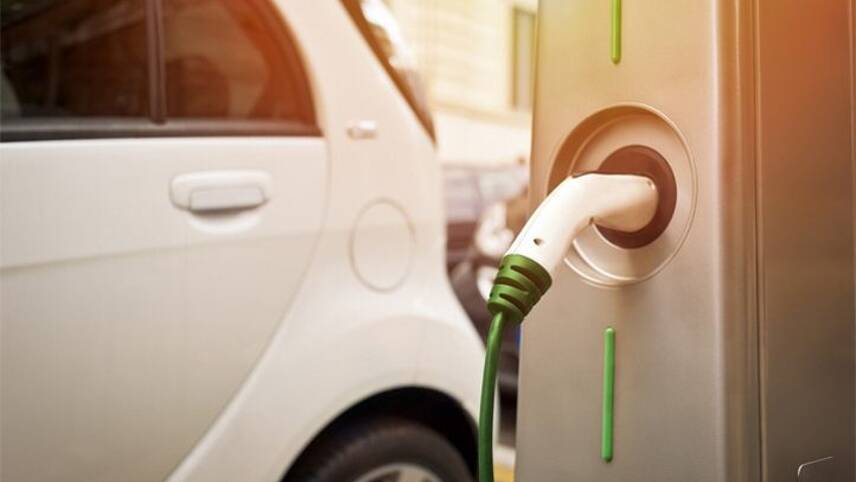Register for free and continue reading
Join our growing army of changemakers and get unlimited access to our premium content

Collective savings could surpass £4bn annually by 2030
The results have been issued of a Government-backed trial of UK EV charging. The Agile Streets project found that drivers could save £604 annually by utilising smart on-street parking systems. If this were adopted across the whole of the UK, collective savings could surpass £4bn annually by 2030.
The Agile Streets project saw 100 Connected Kerb on-street EV chargers deployed at 17 sites across 4 local authorities – Shropshire, Hackney, Glasgow and East Lothian. Over the course of six months, 2,451 charging sessions took place, totalling 51,618 kWh of energy. These charging sessions were completed by 368 trial participants.
Drivers had the option of a smart charging ‘ECO’ mode at 19p/kWh – which would schedule charging at the lowest-cost times of day – or a ‘boost’ mode at 33p/kWh which would immediately deliver power like a normal non-smart public charger.
The project encouraged users to charge outside of peak demand times, which would then reduce total demand on the grid by 240MW, equivalent to boiling over 1.4m kettles.
Connected Kerb’s chief executive Chris Pateman-Jones said: “The energy price crisis is a major challenge facing all industries. For the EV transition, we know that this will narrow the gap between the cost of refuelling a petrol or diesel vehicle, and the typically much lower cost of charging an EV. That’s why now is the time to focus our attention on smart charging technologies that can allow those reliant on public charging infrastructure to benefit from cheaper prices when demand for electricity is at its lowest.
“The deployment of smart charging into public charging – to both reduce consumer costs and minimise the impact of charging on the grid – is ground-breaking. The Agile Streets trial gives us the opportunity to ensure we get smart charging right, enabling us to take all of the learnings from the trial and get ready to roll out this revolutionary infrastructure.”
The SMMT notes that EV ownership is increasing, with new registrations up 40% compared to the same time last year. But the energy cost crisis has seen EVs move back level with the conventional running costs internal combustion engine (ICE) cars. Currently, an average EV is just 3.9p per mile cheaper to run than a petrol equivalent if charging at home, compared to 9.2p before the energy price cap increase in October.
However, the new trial found that home smart charging energy tariffs can be utilised to help with energy costs and would make EVs 13.5p cheaper compared to ICE vehicles.
The Agile Streets project is delivered by a consortium comprised of Connected Kerb, Samsung Research, Octopus Energy For Business, SMETS Design Limited, Energy Saving Trust and the Power Networks Distribution Centre. The project was awarded £1.5m by the Department for Business, Energy and Industrial Strategy (BEIS) to deliver the Beyond Off-Street Smart Meter Electric Vehicle Charging programme.


Please login or Register to leave a comment.